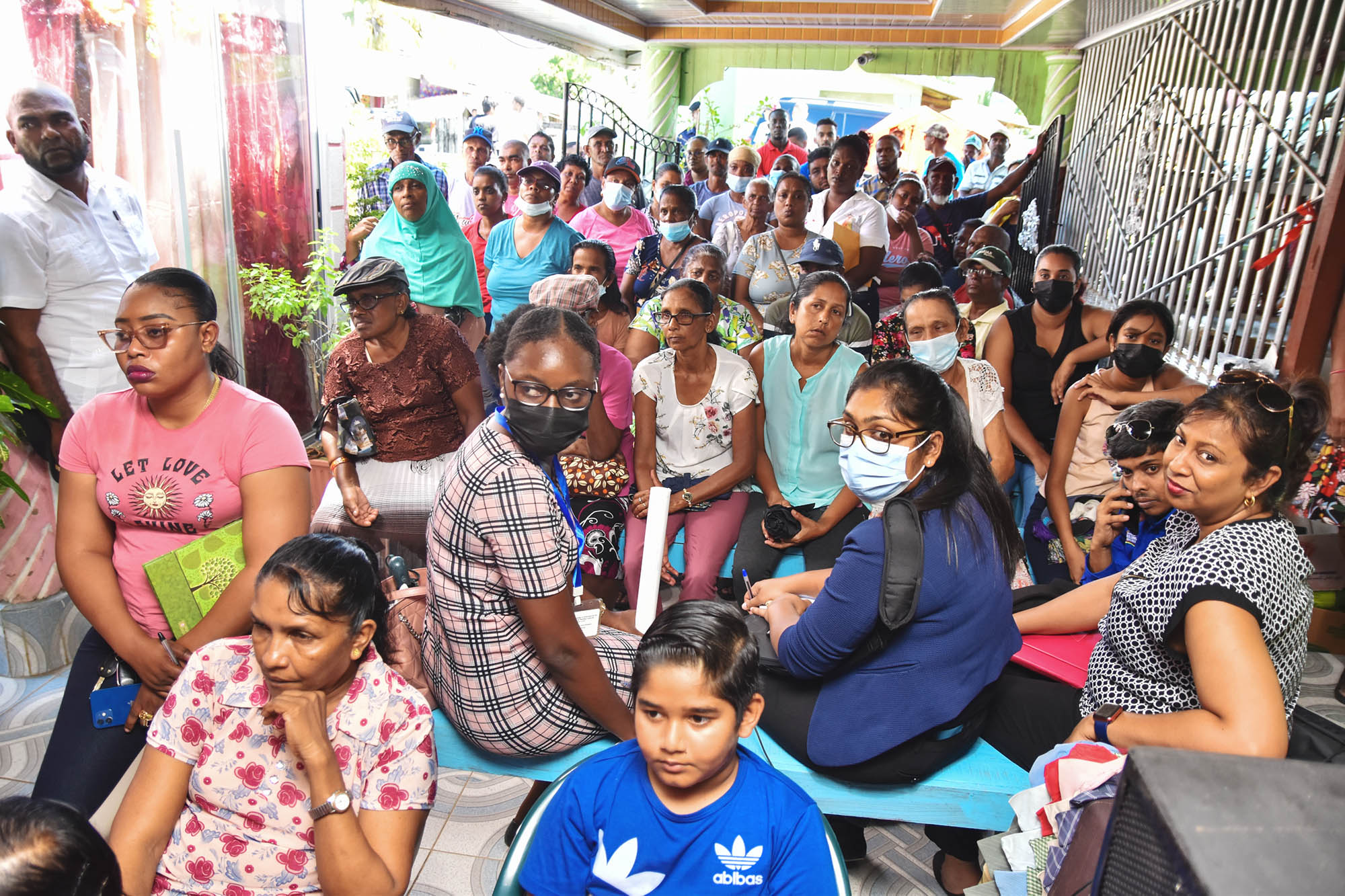UN cybercrime treaty to be signed in Hanoi to tackle global offences
HANOI, (Reuters) – A landmark U.N. cybercrime treaty, aimed at tackling offences that cost the global economy trillions of dollars annually, is set to be signed in Vietnam’s capital Hanoi by around 60 countries over the weekend.
The convention, which will take effect after it is ratified by 40 nations, is expected to streamline international cooperation against cybercrime, but has been criticised by activists and tech companies over concerns of possible human rights abuses.
“Cyberspace has become fertile ground for criminals…every day, sophisticated scams defraud families, steal livelihoods, and drain billions of dollars from our economies,” U.N. Secretary-General Antonio Guterres said at the opening ceremony.
“The U.N. Cybercrime Convention is a powerful, legally binding instrument to strengthen our collective defences against cybercrime.”
The convention targets a broad spectrum of offences from phishing and ransomware to online trafficking and hate speech, the U.N. has said, citing estimates that cybercrime costs the global economy trillions of dollars each year.
Vietnam President Luong Cuong said the signing of the convention “not only marks the birth of a global legal instrument, but also affirms the enduring vitality of multilateralism, where countries overcome differences and are willing to shoulder responsibilities together for the common interests of peace, security, stability and development.”
Critics have warned its vague definition of crime could enable abuse.
The Cybersecurity Tech Accord, which includes Meta META.O and Microsoft MSFT.O, has dubbed the pact a “surveillance treaty,” saying it may facilitate data sharing among governments and criminalise ethical hackers who test systems for vulnerabilities.
The U.N. Office on Drugs and Crime (UNODC), which led the treaty negotiations, said the agreement includes provisions to protect human rights and promotes legitimate research activities.
The European Union, the United States and Canada sent diplomats and officials to sign the treaty in Hanoi.
Vietnam’s role as host has also stirred controversy. The U.S. State Department recently flagged “significant human rights issues” in the country, including online censorship. Human Rights Watch says at least 40 people have been arrested this year, including for expressing dissent online.
Vietnam views the treaty as an opportunity to enhance its global standing and cyber defences amid rising attacks on critical infrastructure.



